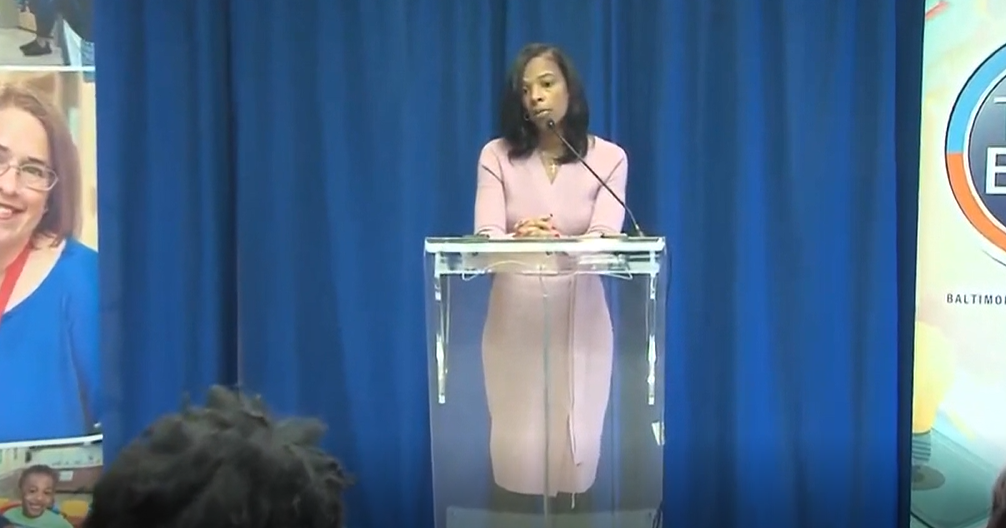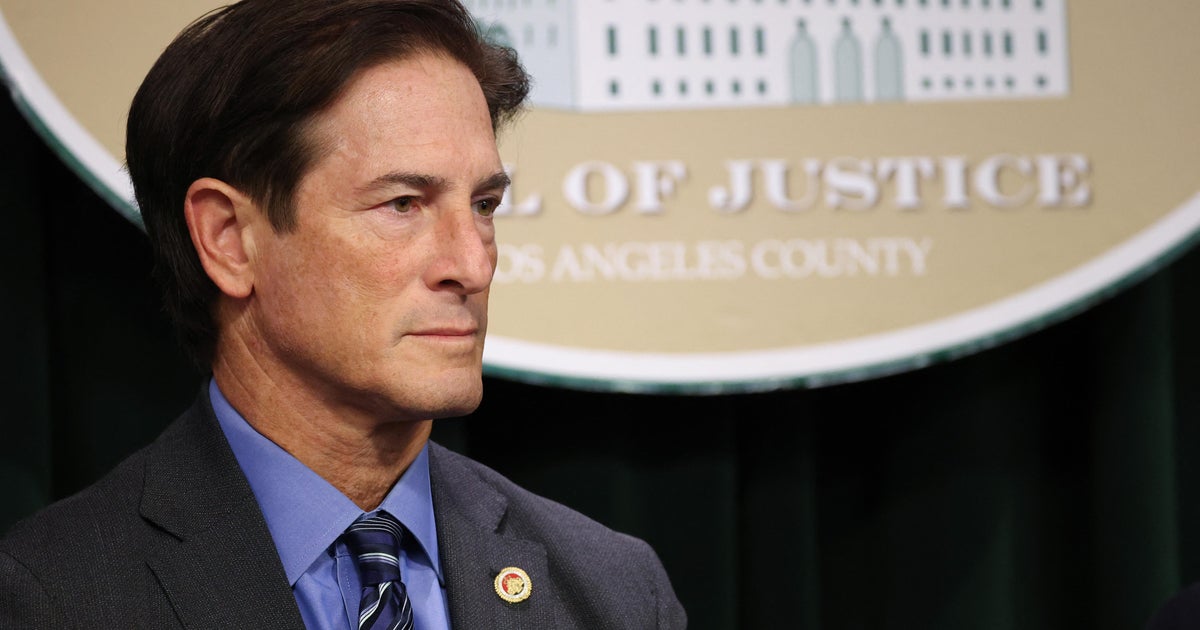Columbia College Chicago lays off 70 faculty, staff members amid financial crisis
CHICAGO (CBS) -- Columbia College Chicago has laid off 70 staffers and faculty members and has cut 32 vacant positions, amid financial troubles and sluggish enrollment.
The layoffs came months after Columbia College president and chief executive officer Kwang-Wu Kim announced plans to step down on July 1.
The school is facing a $38 million deficit.
Last month, Columbia College's credit rating was cut to nearly junk status because its high operating costs are expected to persist.
The school released a statement saying impacted staff and administrators will receive severance packages.
Financial crisis could be an "existential threat," Columbia College president warns
In an advisory report submitted earlier this month, Kim wrote that a failure to address the financial crisis Columbia College is experiencing could "become an existential threat if the college does not act now."
The report emphasized a decline in enrollment over the past decade as one of the major contributors to the crisis. While the school experienced its first total enrollment growth in a decade in the fall of 2019, net tuition revenue fell $10.2 million from FY2019 to FY2020 – in part because of a spike in financial aid need for the large new class, the report said.
Since the 2019-2020 school year, enrollment has gone back to falling – and while net tuition and fee revenue grew in FY2023 for the first time since the Great Recession, it is expected to fall again for FY2024, the report said.
The COVID-19 pandemic exacerbated the school's financial situation. When the stay-at-home order was in effect and students had to learn remotely beginning in the fall of 2020, Columbia College was hit especially hard – as the school's academic and creative focuses are difficult to replicate online, the report said. In-person learning resumed in 2021, but safety restrictions were not completely dropped until the spring 2023 semester – and both student recruitment and retention suffered, the report said.
Meanwhile, the school froze tuition for FY2021 and FY2022 as a consideration for the effect of the damage done to students' and their families' finances by the pandemic, the report said. This made for a further depression in revenue.
The report also reported the school had suffered "reputational damage" by its "disrupted" fall 2023 semester. More than 600 part-time adjunct professors at Columbia College Chicago went on strike in October of last year, accusing the school of not providing a quality education.
The strike lasted 50 days, and according to the Columbia College Faculty Union, it was believed to be the longest adjunct faculty strike in U.S. history.
The school believes it unlikely that student recruitment or retention will improve in the fall of 2024, and all indications are they may get worse. The annual operating deficit for the current fiscal year – projected in September 2023 to decline slightly to $19 million, is now expected to skyrocket to $38 million, the report said.
Changes to core curriculum, structure of school departments coming
In a May 20 letter to Columbia College faculty, staff, and students, the school also announced a series of planned changes to its operations based on the recommendations in the report.
These included a plan to modify degree requirements to allow students to focus more deeply on their chosen fields – in part by cutting back the general education requirement for incoming freshmen from 42 to 30 hours. Courses in subjects such as math, science, writing/communication, history, and cultural studies will still be required, but the school said the reduced requirement will allow students to focus their attention more on their major. Rising sophomores, juniors, and seniors will also be able to take advantage of the reduced core curriculum requirements beginning next school year.
The reduction in the core, the report said, will reduce the number of faculty needed to teach core classes. Core curriculum classes are mainly taught by professors in three departments in the School of Liberal Arts – English and Creative Writing; Humanities, History, and Social Sciences; and Science and Mathematics. The advisory report said altogether, there were 73 professors between these departments – and with the reduced core, only 60 to 62 would be needed.
The report warned: "While several tenured faculty in these departments are currently on phased retirements, additional action may be needed to adapt full-time faculty staffing levels to the revised Core requirements, resulting in the departure of full-time faculty – both tenured and non-tenured – beyond phased retirements to arrive at the 60-62 figure cited above."
The school is also consolidating some of its departments. For one, the advisory report called for the elimination of the School of Graduate Studies – with its functions being transferred to other academic offices.
"Except for robust programs (current examples are Music Composition for the Screen, Cinema and Television Directing/Producing, and Creative Writing), graduate programs will be run on an auxiliary model, generally with faculty teaching on an overload basis or with qualified adjunct staffing, and graduate programs attracting four or fewer students will ordinarily be suspended," the advisory report said.
Columbia College also plans to eliminate the schools of Liberal Arts and Sciences, Media Arts, and Fine and Performing Arts – and replace them with eight new entities under different leadership structures.
Further, the school plans to increase the tenured faculty teaching expectation from 18 to 21 credits per school year.
In the letter to the community, Columbia College emphasized that its student-to-faculty ration remains at 13:1, and the school's quality of education remains a paramount priority.
"The college will remain an important contributor to the lives of young creatives in the city of Chicago and beyond," the letter said.
Tuition and fees are also going up for the 2024-2025 school year, the letter said.
Full-time tuition for undergrads will jump by $1,538 to $32,272 – a 5% increase before financial aid, the letter said. Required fees will also jump $31, or 2.1%, and housing rates for residential students will jump by 3%.
"The trustees are very mindful of the need to keep Columbia accessible to young creatives, but we also must secure the college's future," said Columbia College Board of Trustees Chair John Holmes. "We believe this tuition increase balances these two goals and will strengthen the institution."
Columbia College: A 134-year history
Columbia College Chicago was founded in 1890 as the Columbia School of Oratory by speech teachers Mary A. Blood and Ida Morey Riley. The school has never been affiliated with Columbia University in New York – its name comes from the World's Columbian Exposition, which was coming up in 1893 at the time and which the two teachers expected would generate a need for public speaking skills.
The school was affiliated with Chicago's Pestalozzi-Froebel Teachers College in its early years, and by 1961 had reinvented itself as a "liberal arts college with a progressive social agenda," according to the school. In 1974, Columbia received full accreditation from the North central Association of Colleges and Schools and bought its first building at 600 S. Michigan Ave. in the South Loop.
The school is best known for its programs in the fine and performing arts, and media and communications.








